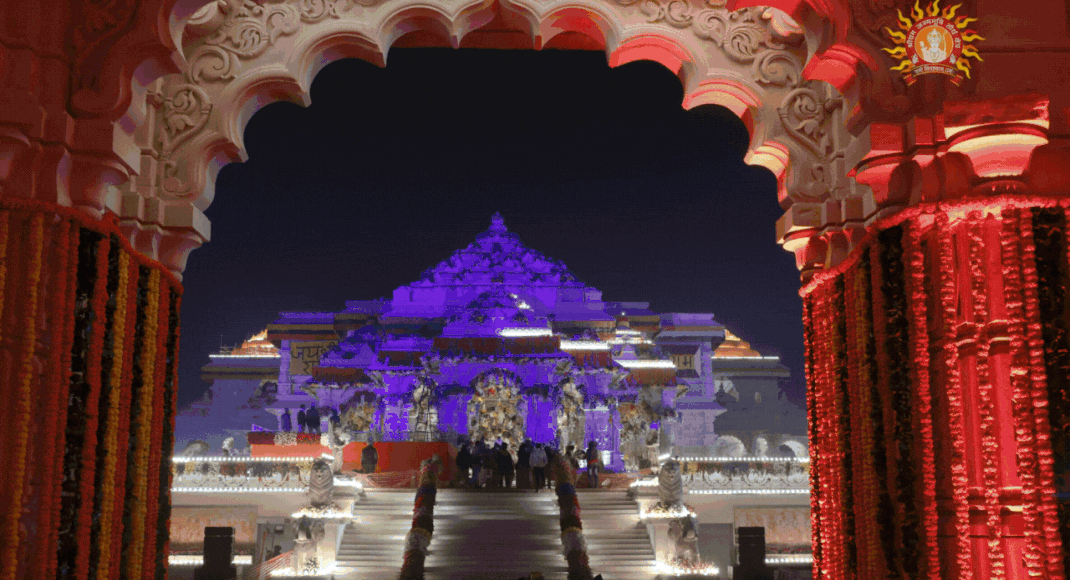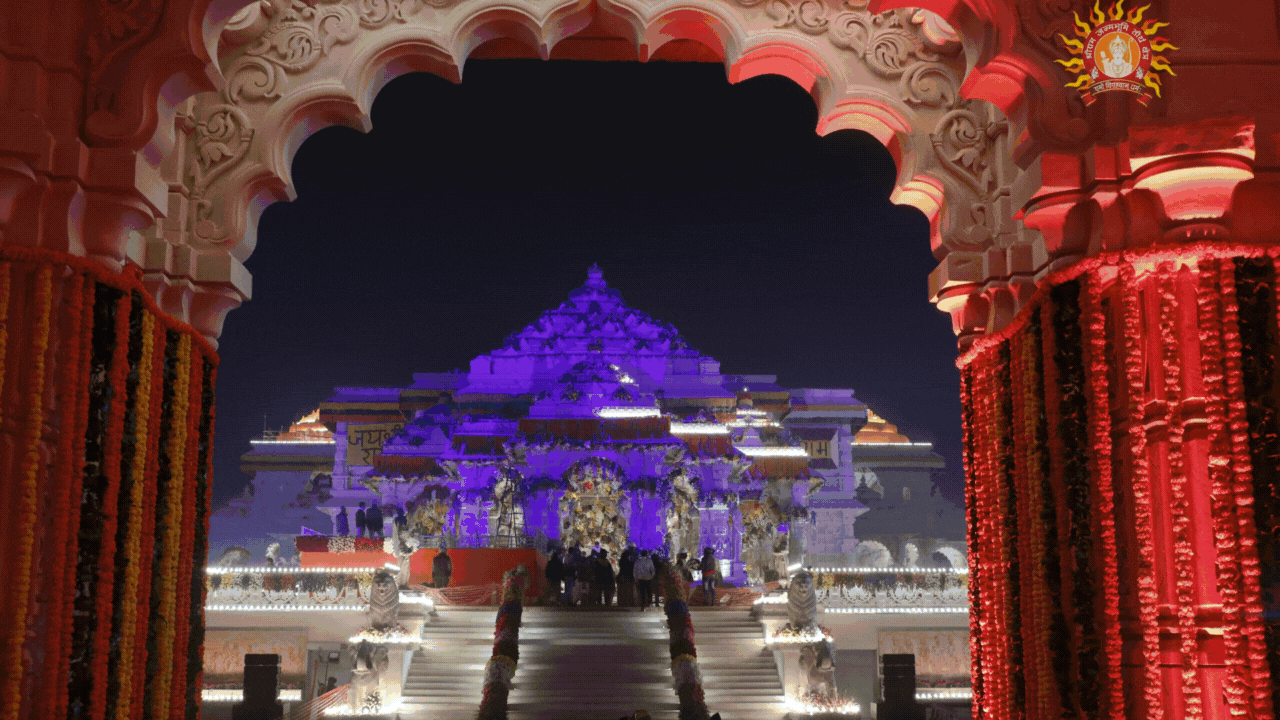[ad_1]
Ex-CJIs Gogoi and Bobde, CJI D Y Chandrachud and Justice Nazir would not attend the ‘pran pratishtha’ ceremony on Monday in the sprawling temple for various reasons. Justice Bhushan will attend the event.
Former CJI Gogoi to CJI Chandrachud, Supreme Court Bench on Ayodhya members invited to Ram temple consecration
Justice Gogoi, nominated as a Rajya Sabha member in 2020, is busy helping out several orphanages, NGOs and streamlining various charitable works started decades ago by his mother in Assam, apart from taking stock of welfare projects being carried out in constituencies from his MPLAD fund.
For CJI Chandrachud, Monday is a working day in the SC and given his ethos, he would not leave the court work to participate in a religious ceremony. Justice Bobde is living a quiet retired life in his ancestral house at Nagpur and has not yet informed the temple officials about his participation in the ‘pran pratistha’ ceremony, for which Prime Minister Narendra Modi would be the principal devotee.
Justice Nazeer, who was the lone Muslim judge on the Ayodhya bench, is now governor of Andhra Pradesh and has expressed inability to attend the function owing to prior commitments.
However, Justice Bhushan, who was appointed as chairman of National Company Law Appellate Tribunal (NCLAT) on November 8, 2021, a little more than a month after his retirement as an SC judge, said he will proceed to Ayodhya on Sunday to attend the “historic event”.
The five-judge bench, of then CJI Gogoi and Justices Bobde, Chandrachud, Bhushan and Nazeer, through a unanimous 929-page verdicton November 9, 2019, gave the title of the disputed site at Ayodhya to the Hindu side, saying that they made out a better case on evidence to legitimately lay claim over the land. Importantly, it was the first judgment of a Constitution bench of SC which did not have the name of the author.
Though Justice Bhushan had written a 116-page separate concurring opinion, then CJI Gogoi had prevailed upon to keep the verdict anonymously unanimous by christening it as “addenda”, again a first in the history of SC. The five-judge bench had commenced hearing on the Ayodhya land dispute on August 6, 2019, reserved its verdict on October 17 and delivered it after 23 days on November 9.
[ad_2]
Source link


